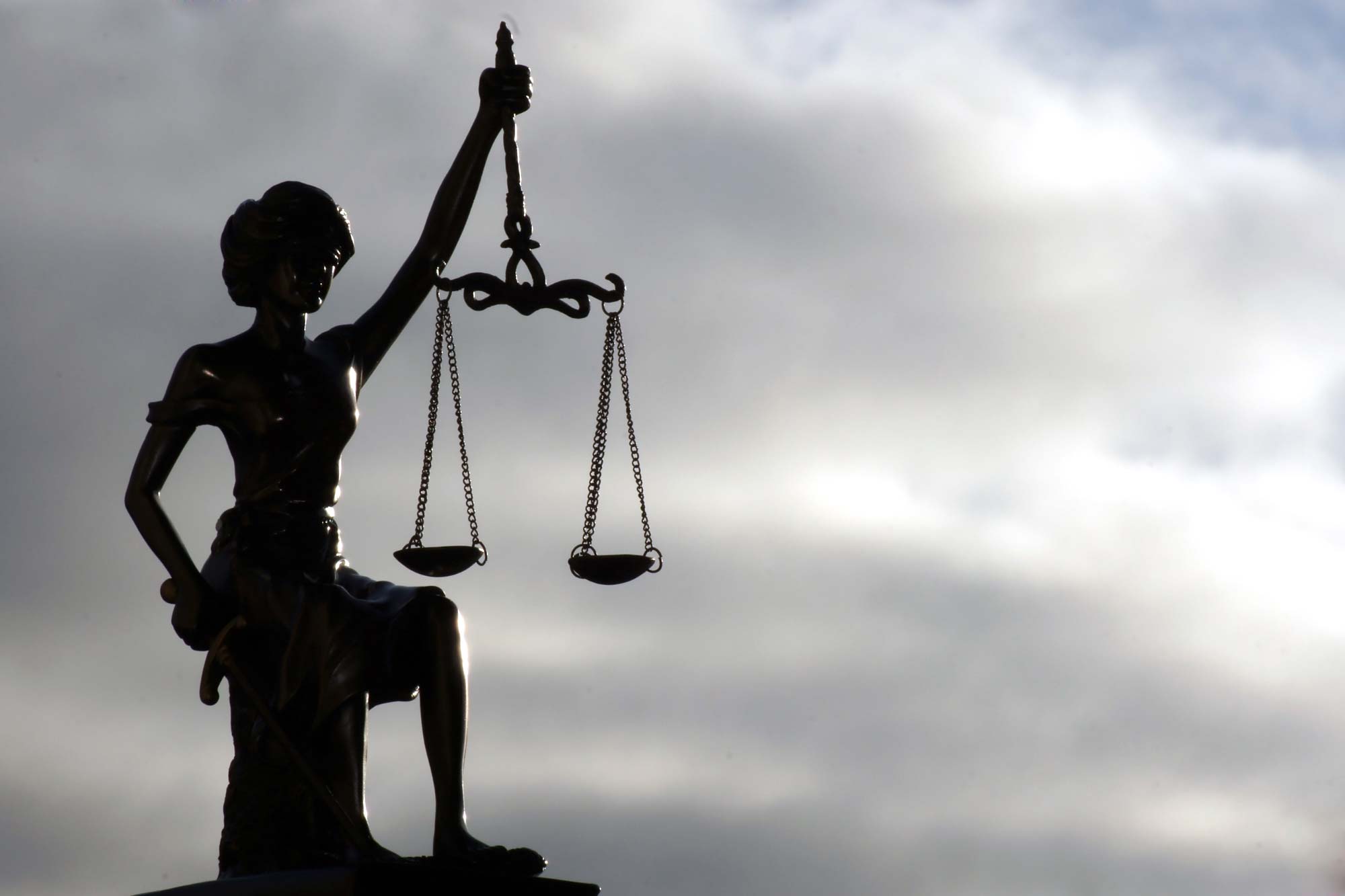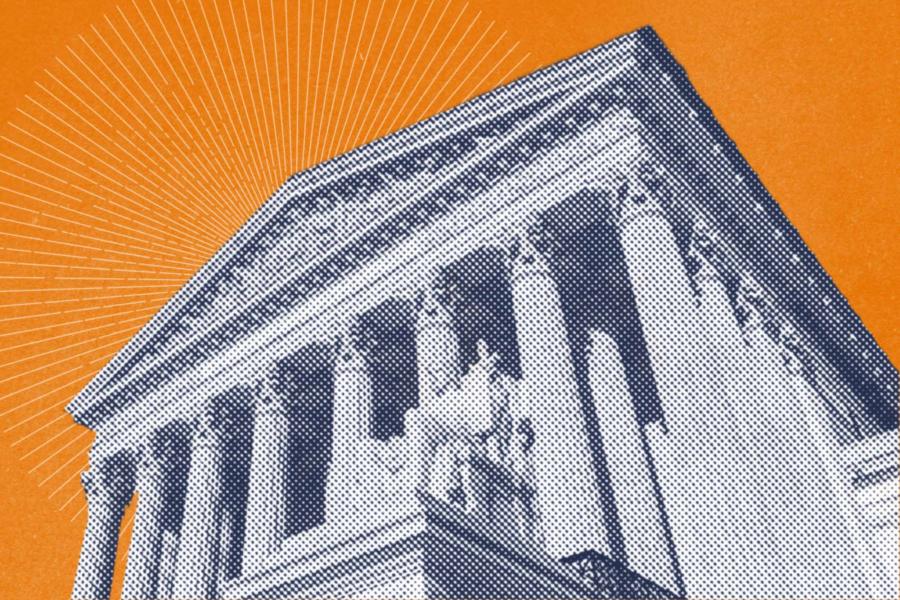A U.S. Supreme Court leak of a draft opinion in Dobbs v. Jackson Women’s Health Organization on Monday night raises questions about what many consider to be a profound ethical breach in a case that was already highly controversial.
Through Dobbs, justices are considering whether prohibitions on early term abortions are unconstitutional. The leaked majority draft, by Justice Samuel Alito, proposed to overturn Roe v. Wade, the 1973 case that legalized abortion nationwide. On Tuesday, Chief Justice John Roberts confirmed the leaked opinion, dated Feb. 10, was authentic, and promised the court’s marshal would investigate.
University of Virginia law professor Douglas Laycock, a religious liberties and remedies expert who has served as lead counsel in six Supreme Court cases, discussed with UVA Today what the breach means and what’s next.
Q. This kind of breach is basically unprecedented in recent years. Why are leaks so rare at the Supreme Court?
A. Leaks are rare because confidentiality is important to the court’s work, everybody understands that, and they put the fear of God in the staff and especially the law clerks, who are new every year. Supreme Court clerks get six-figure signing bonuses to go to large law firms; they look forward to a great career. If you get caught leaking, all that probably goes away. And it’s a firing offense for any employee except a justice.

Douglas Laycock is the Class of 1963 Research Professor in honor of Graham C. Lilly and Peter W. Low, the Robert E. Scott Distinguished Professor of Law, and a professor of religious studies. (UVA School of Law photo)
If word leaks about a business case, those who get the word early can make millions trading stocks. And any leak disrupts the court’s internal deliberations. Votes can and do change as drafts are circulated. Leaking a draft obviously puts pressure on that process.
Q. What does this mean going forward for the court?
A. There will no doubt be trust issues. In each chamber there is a justice, four law clerks, two secretaries and a chamber’s aide, plus the chief gets an extra law clerk. Plus there is a print shop; I don’t know how many employees are there. So we are close to 80 people with regular access to drafts, and they are all suspects. Plus, lots of other employees — custodial staff, security staff, clerk’s office, press office, etc. – who do not have regular access but might have stumbled upon a draft on a desk or in a trash can. It might have been one of those people, because there are surely more recent drafts than Feb. 10, and if you are one of the 80 with regular access to drafts, why wouldn’t you leak something current? One possible answer to that is in the answer to your last question.
Q. How much can drafts of opinions change? What are the implications for the Dobbs case itself?
A. They can change a lot. A justice may say that I’ll sign this opinion if you add this, or omit that. Or a dissent may attack something in the opinion, and the opinion writer may add something in rebuttal. Sometimes that exchange can continue through multiple rounds. Some opinions seem to be negotiated between conflicting views in support of the result. And occasionally, a justice changes his or her vote, or an opinion that started out as the majority loses a vote or two and becomes a dissent.
My guess is that votes on Dobbs are pretty firm, but see the next question. And certainly the opinion could change.
Q. Any thoughts on who might have leaked? Or what their motives might have been?
A. Any guesses about who the leaker is are sheer speculation. It might have been someone who is pro-choice and outraged who did it in a fit of anger. It might be someone pro-choice hoping to put the pressure of public opinion on the court to back off, but that seems to be a hopeless effort, and anyone at the court would likely understand that.










